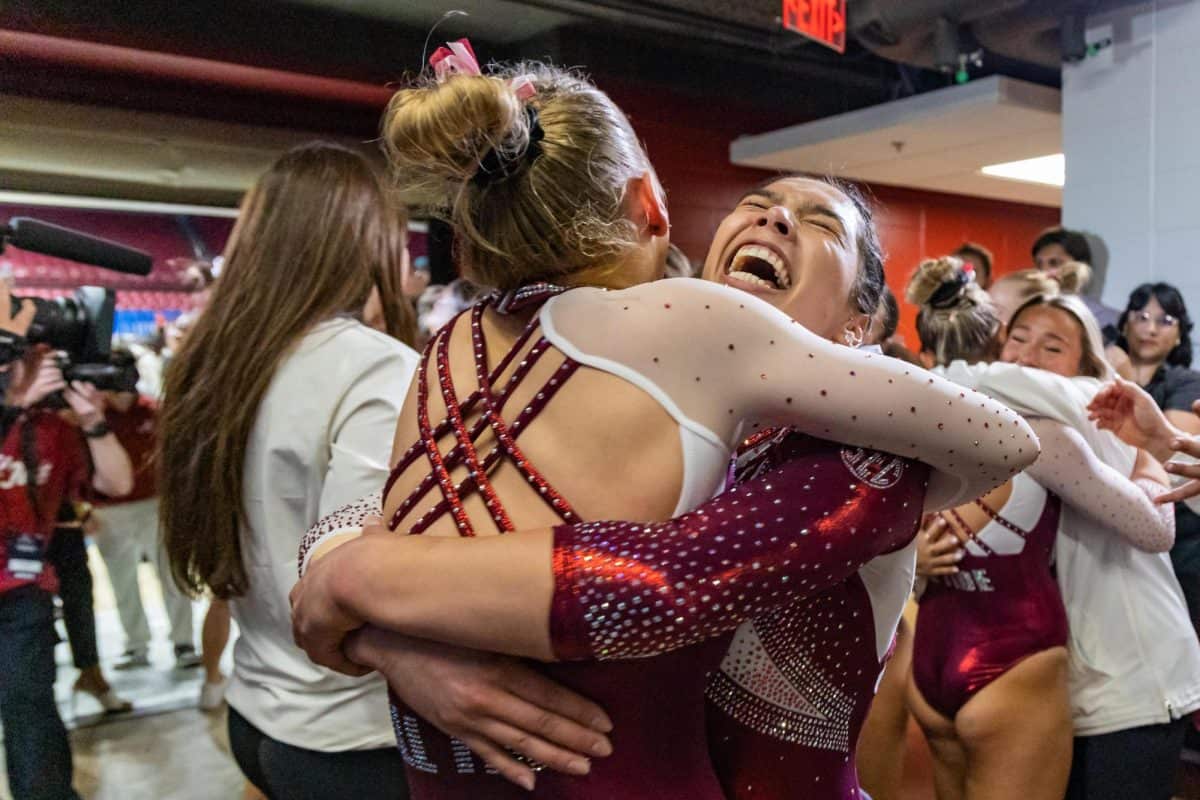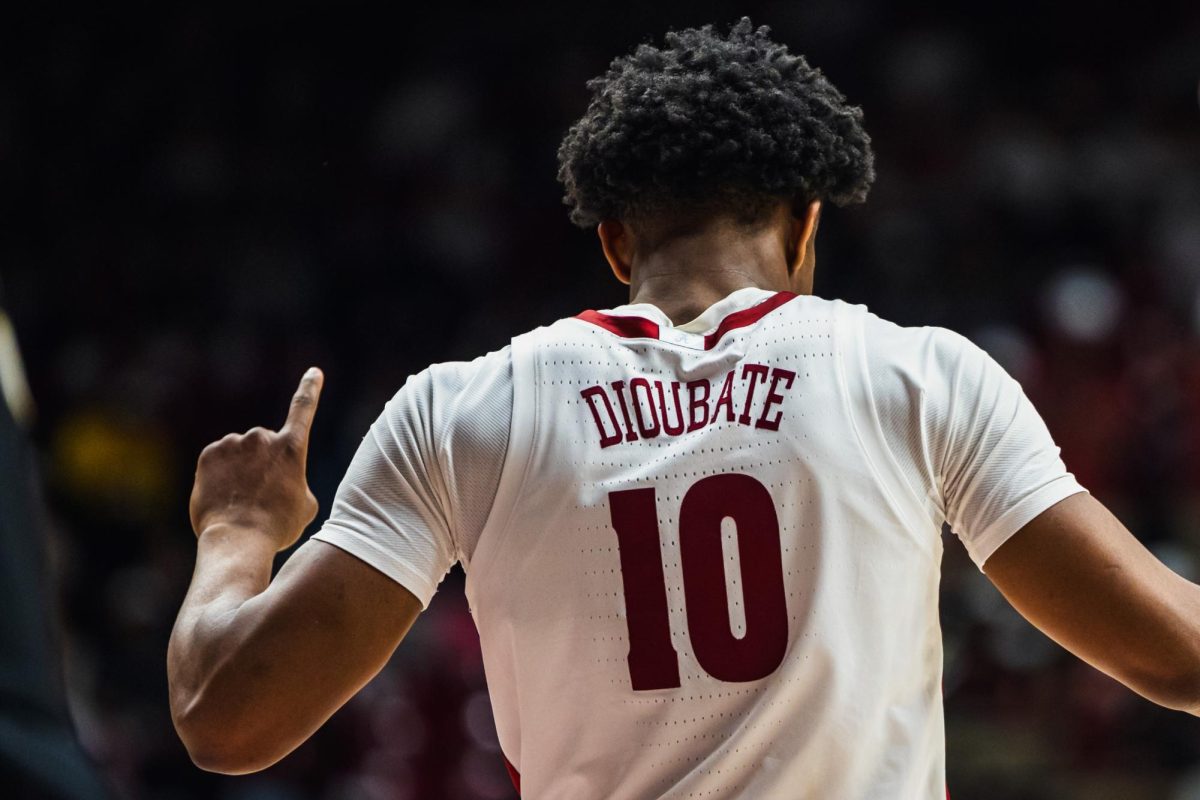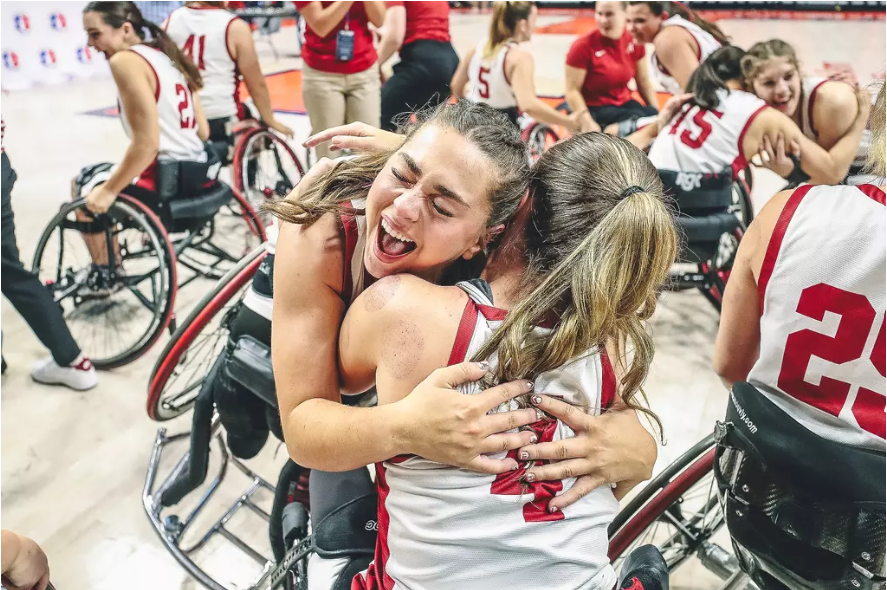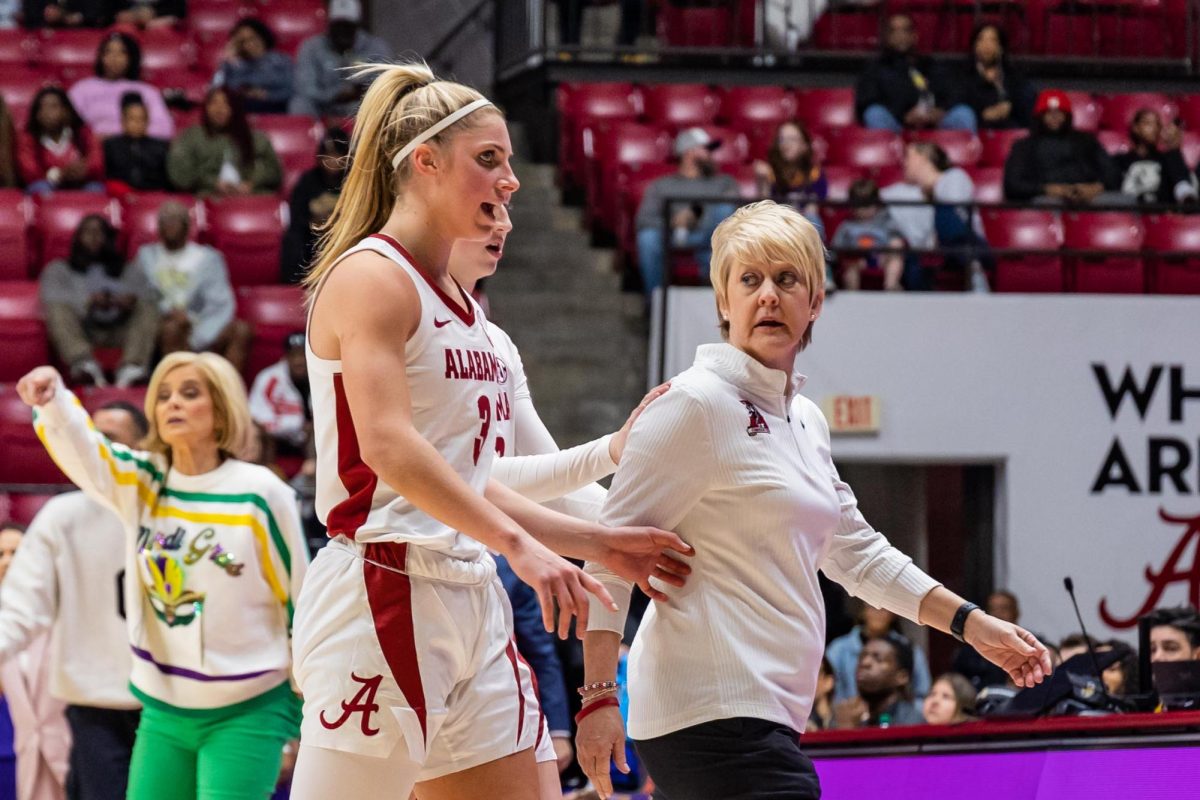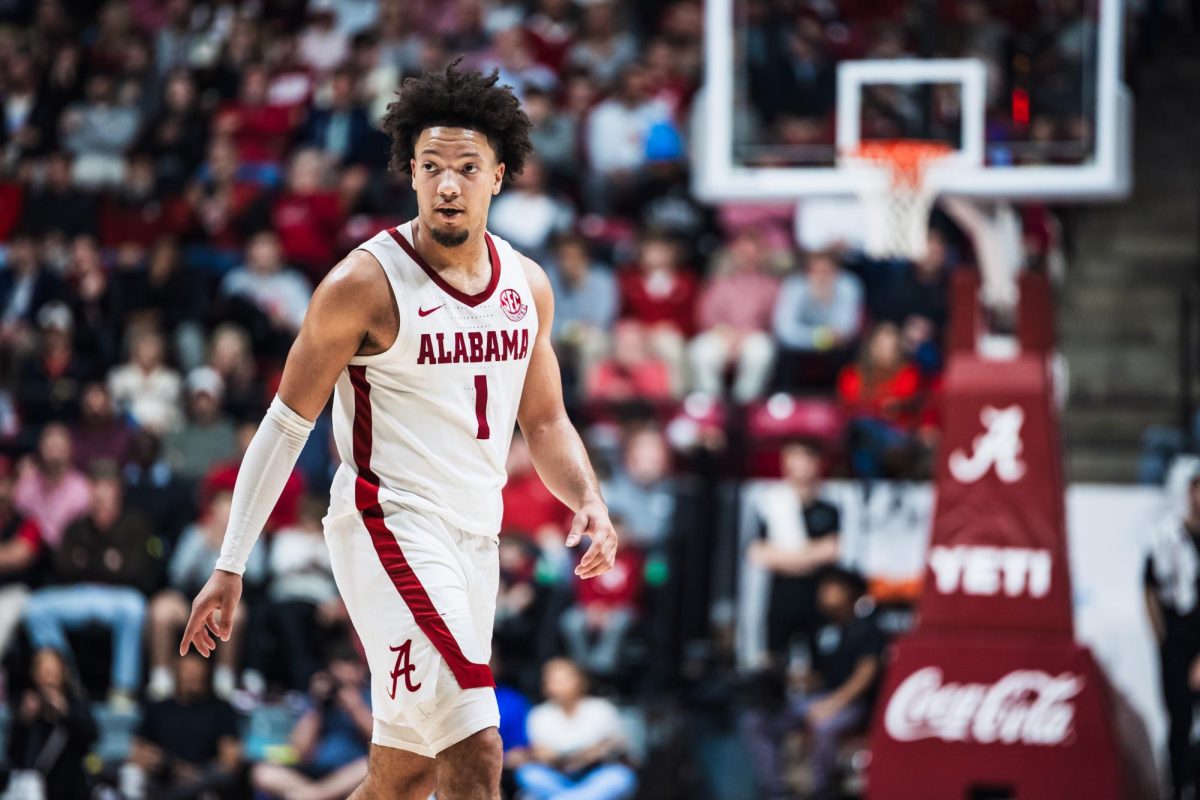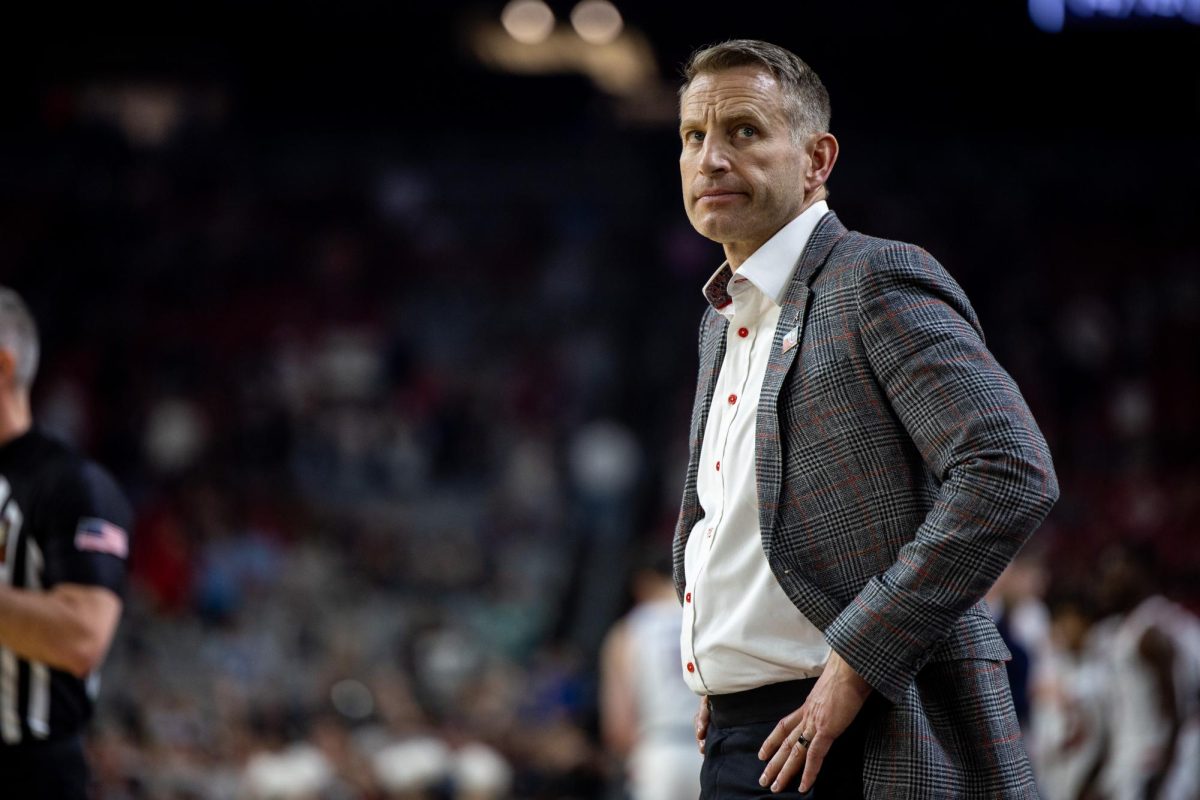The NCAA paying athletes debate is growing stronger than ever. There are currently two lawsuits being worked out in courts on the matter, and every year there are numerous allegations and investigations into NCAA compliance matters.
On one side of the argument, the very center of the NCAA model is amateurism. NCAA players receive an education valued at thousands of dollars, and there are clear cut rules that promote education over athletics. There is no reason for athletes to break the rules and receive more money, and those that do so should be punished. But, on the other hand, the NCAA makes thousands of dollars off players, and there are many trivial NCAA rules that can sometimes deprive athletes of basic needs such as food.
This is a very complex issue with many sides to it, but the main argument seems to stem from the fact that full ride scholarships do not wholly cover the full cost of attendance, some students having greater financial need than others. The full cost of attendance accounts for miscellaneous cost of living and travel expenses. The issue is brought up even more when a story breaks that an athlete is being deprived of something like food. For example, during last year’s NCAA basketball tournament, a story broke about a UConn basketball player who “goes to bed starving” because of NCAA rules regarding the meals a school is allowed to offer athletes.
At the other extreme, there are athletes like Johnny Manziel. He came from a family that has plenty of money, but was still investigated for taking money for autographs. Yes, the NCAA and University were profiting off his name, but there is no reason for an athlete that has plenty of family financial support, already on a full scholarship, and who is about to make millions of dollars in the NFL to accept even more money. Giving this type of athlete more money on top of a full scholarship is not necessary, and most people would agree.
The reasoning behind the athlete taking the money is the key. An athlete taking the money out of financial need is very different than an athlete taking money simply because he or she can. One possible solution to address this would be to tie in financial need with NCAA scholarship rules.
That seems like a drastic and hard to implement change, but it really is not. Athletes with family financial support still would receive full scholarships, but athletes with extra financial need could get it without risk of breaking NCAA rules. The concept could work similarly to how federal student loans already work and be based on an athlete’s financial need.
The biggest thing it would do is keep the NCAA model of amateurism while attacking the biggest complaint about the current scholarship rules. This keeps recruiting from being about how much money a school can offer. The idea would simply give athletes with an extra financial need the ability to get it and use it for extra food, travel and family expenses.
This would mean athletes breaking the rules and accepting money would not be doing so out of financial need and would get a lot less sympathy. This way the NCAA can really stand behind their rules knowing they are not depriving any athlete of a necessity or attendance expense they would have given family financial support.
Jackson Poe is a senior studying accounting. His column runs biweekly.



